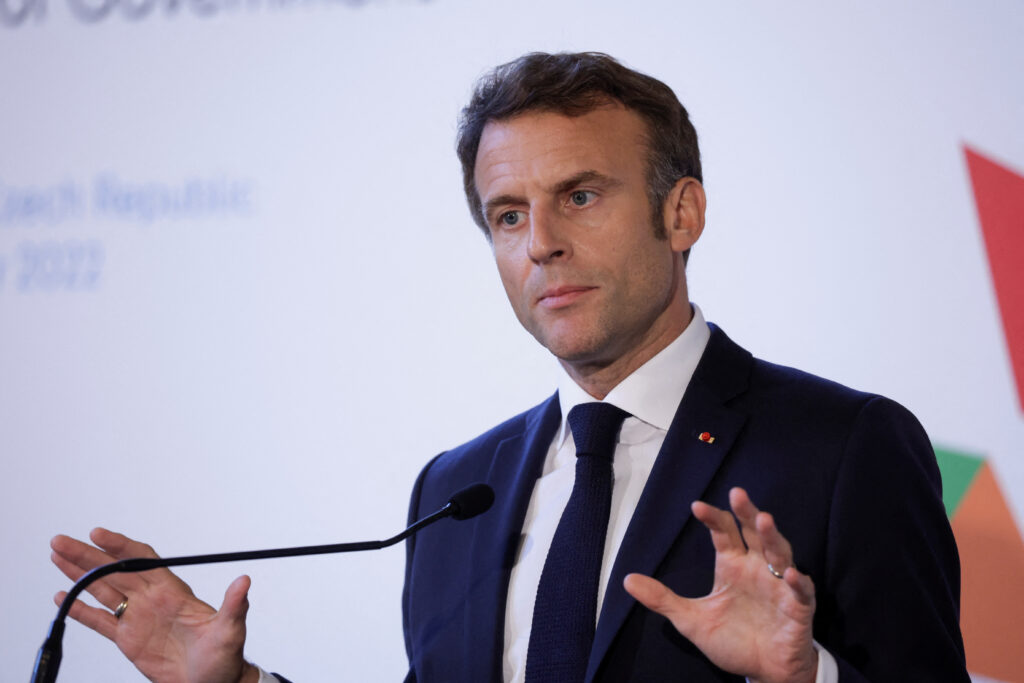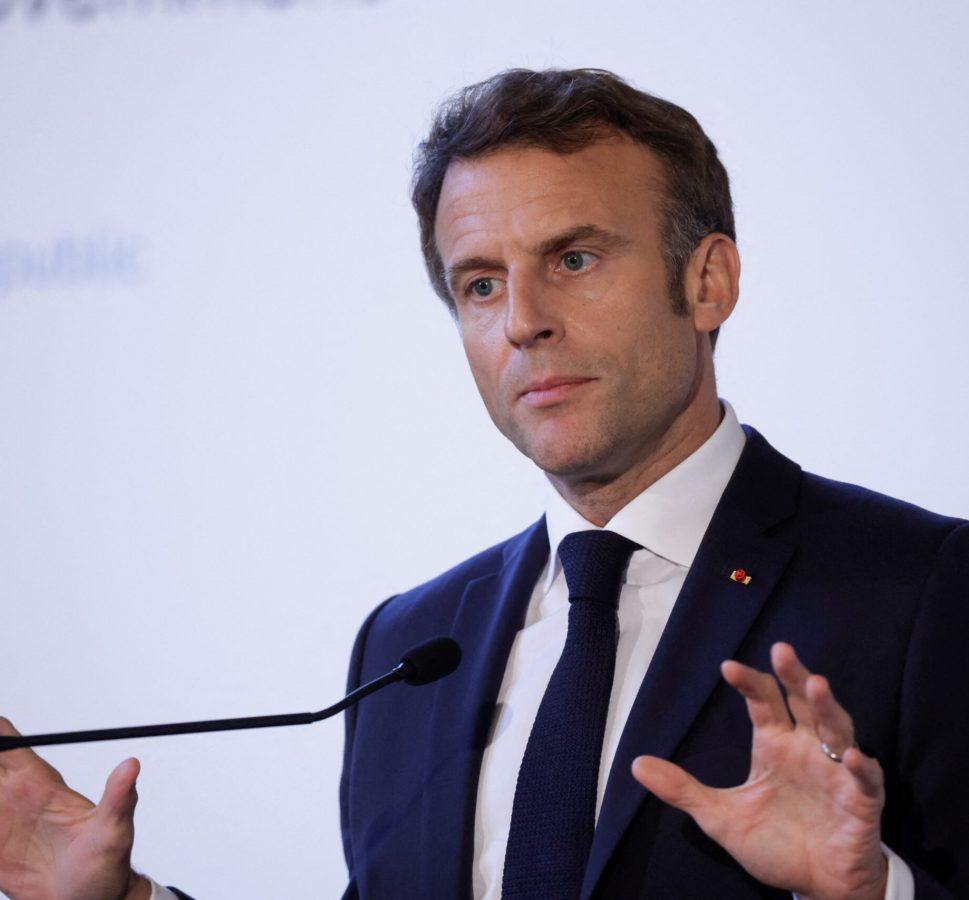
The Minister for information and national orientation, Mohammed Idris, had in a statement on Monday dismissed the letter and urged Nigerians to disregard the “falsehood.”
The French embassy in Nigeria has said there are no discussions between France and Nigeria to establish military bases in the country.
The Head of Communications at the Embassy of France in Nigeria, Onyinye Madu said contrary to the claims made in the open letter, there was no discussion about establishing military bases in Nigeria between the two countries.
“The French Embassy in Nigeria would like to point out that contrary to the claims made in the open letter quoted in the article, no discussions have taken place or are planned between France and Nigeria regarding the relocalisation of military bases,” She told PUNCH.
The Minister for information and national orientation, Mohammed Idris, had in a statement on Monday dismissed the letter and urged Nigerians to disregard the “falsehood.”
SaharaReporters had on Saturday reported that some eminent leaders in the country as well as civil society organisations cautioned Tinubu against allowing the United States and the French governments to relocate their military bases from the Sahel to Nigeria.
In an open letter to Tinubu and the leadership of the National Assembly, the leaders had said the Nigerian government should not succumb to such pressure.
Those who signed the letter obtained by SaharaReporters had included Prof Abubakar Siddique Mohammed of the Centre for Democratic Development, Research and Training (CEDDERT), Zaria; Prof Kabiru Sulaiman Chafe, a former Minister of State for Petroleum Resources, representing the Arewa Research and Development Project (ARDP), Kaduna; Prof Attahiru Jega, who is a former Chairman of the Independent National Electoral Commission (INEC); Prof Jibrin Ibrahim from the Centre for Democracy and Development (CDD), Abuja; Auwal Musa (Rafsanjani) of the Civil Society Legislative Advocacy Centre (CISLAC) Abuja; and Y. Z. Ya’u from the Centre for Information Technology and Development (CITAD), Kano.
According to the letter, the American and French governments have allegedly been aggressively lobbying Nigeria, along with other Gulf of Guinea countries, to sign new defence pacts that would allow them to redeploy their troops, expelled from Mali, Burkina Faso and Niger.
Of the countries in the Gulf of Guinea, Nigeria turns out to be the most strategically located, the leaders said in their joint letter.
The letter had partly read, “It is a common knowledge that the American and French governments have been desperately lobbying the governments of Nigeria, Benin, Togo, and Ghana to agree to sign new defense pacts that would enable them to redeploy their soldiers expelled from Mali, Burkina Faso, and Niger. Some of the troops have been redeployed to Chad but France and United States prefer countries of the Gulf of Guinea that are more strategically located to serve their interests in the central zone of the Sahel. Of the countries in the Gulf of Guinea, Nigeria turns out to be the most strategically located.
“There are indications that the Nigerian Government may be favorably disposed to the proposed defense pact. However, there is a widespread apprehension that signing of the pact by Nigeria would have wide ranging implications for defense and internal security of the country. On 22nd December 2023, the last of France’s 1,500 troops deployed in Niamey and two other bases in the tri-frontier of Niger were marched out of the country. On March 16th, 2024, Niger Republic suspended the military agreement with the United States signed in 2012, which allowed the US to station about 1100 US troops and civilian personnel permanently in Niger, to operate from two American bases in the country.
“We the signatories of this open letter believe strongly that the economic and environmental impacts of hosting foreign military bases are profound and far-reaching. Economically, the presence of these bases could potentially divert government funds and resources away from critical areas such as education, healthcare, and infrastructure development toward maintaining and securing these military installations. This redirection of resources could stunt economic growth and exacerbate poverty in a country where much of the population already lives under challenging conditions.”






